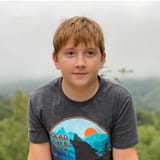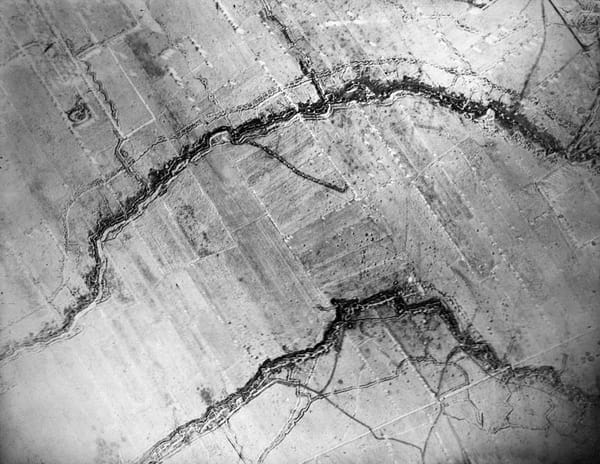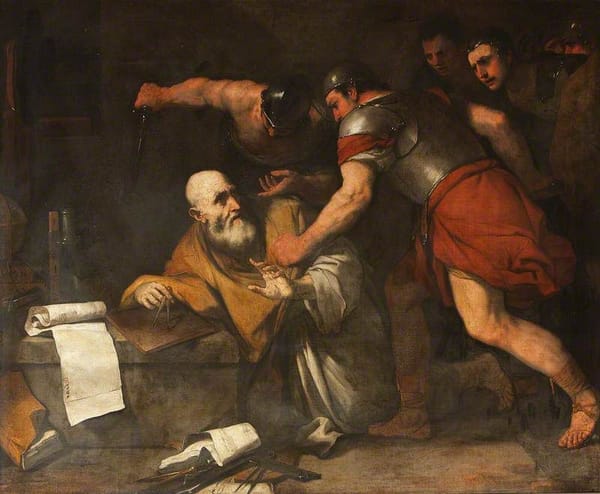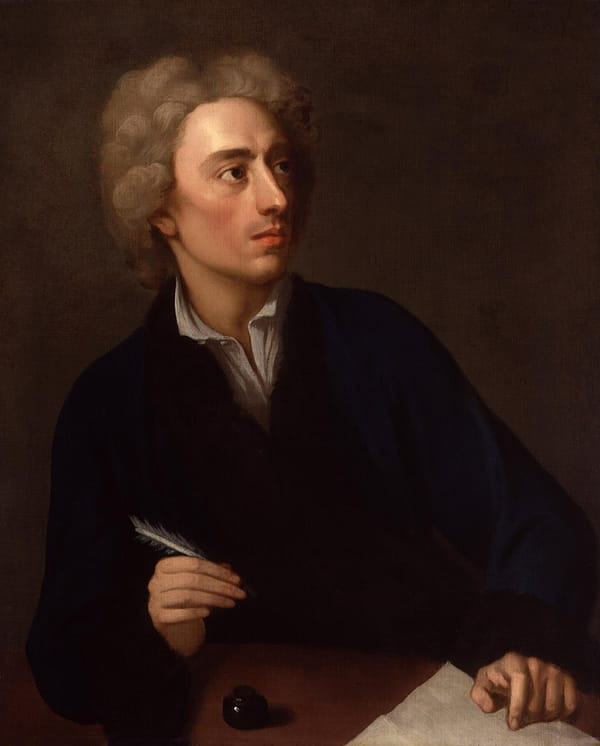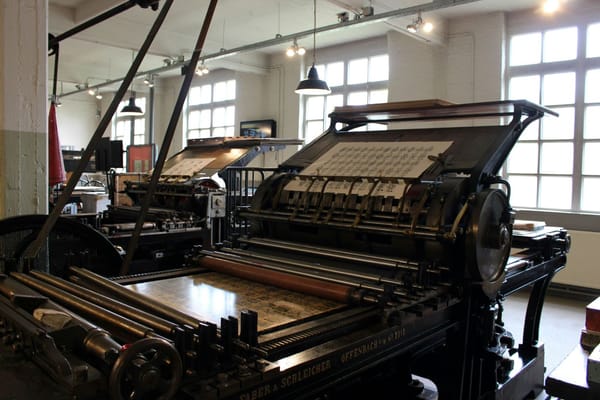Robert Frost's Poems
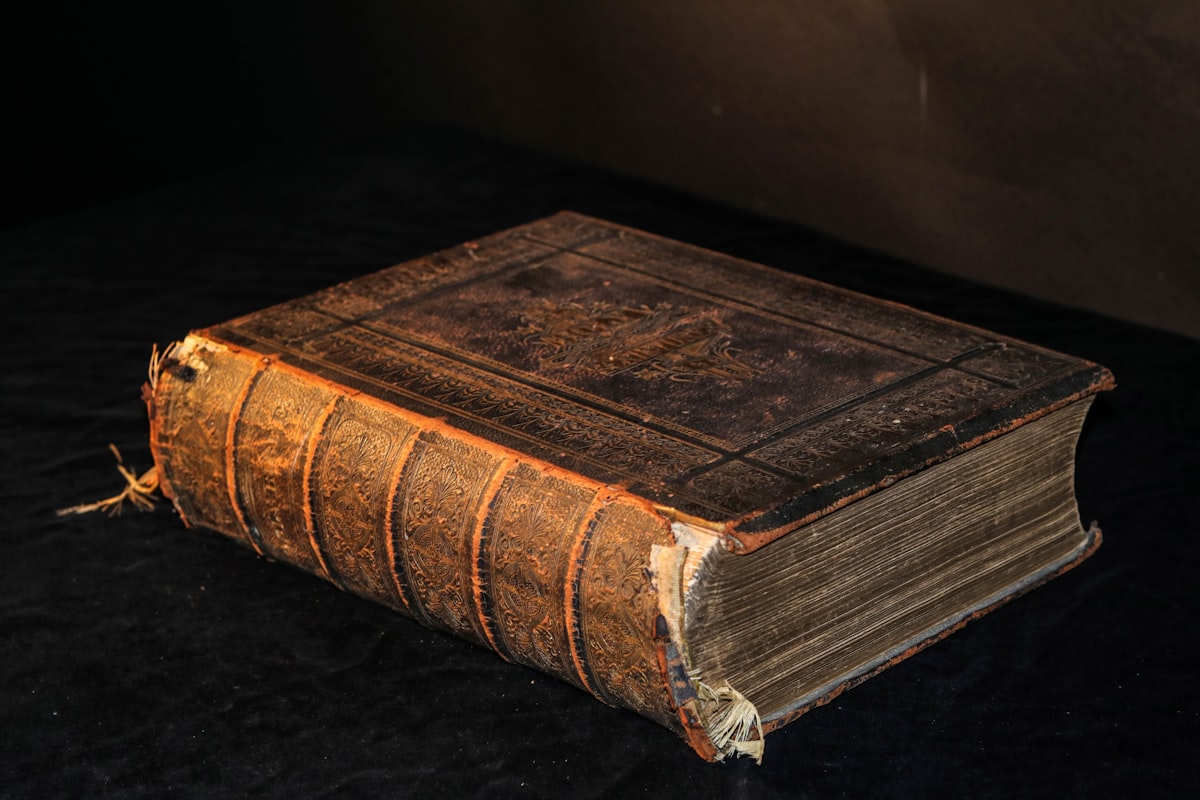
Some of Robert Frost's poems are The Pasture, Going for Water, Fire, and Ice, Good-by and make sure to Keep Cold, The Runaway, The Road Not Taken, A Patch of Old Snow, The Telephone, Hyla Brook, The Oven Bird, Birches, The Cow in Apple Time, A Girl’s Garden, The Exposed Nest, Stars, Storm Fear, A Prayer in Spring, After Apple-picking, Good Hours, Gathering Leaves, Stopping by Woods on a Snowy Evening, For Once, Then, Something, Now Close the Windows, Fragmentary Blue, Dust of Snow, Mending Wall, In Hardwood Grove, Revelation, The Need of Being Versed in Country Thing, and Nothing Gold Can Stay.
"Going for Water" is a poem in which Robert Frost tells the story of a man whose well ran out of water and he had to go all the way to a stream and get a bucket of water for his family. It was an evening in the forest where the stream was, there was no breeze nor leaves on the branches because it was autumn. When he arrives near the stream he stops to listen for it and hears it from the distance.
"Pasture" is a poem in which the author talks about what he has to do around the farm like cleaning the leaves out of the pasture spring and fetching the calf. The calf was so young that when his mother licked him he would totter.
"The Road Not Taken" is a poem in which the author, portrayed as a traveler going through the woods came to a crossroads. At this crossroad, he sees two roads. Both of them are equally trodden and equally unused. So he decides to go on one road in search of adventure. Later in the poem, he thinks that maybe he would come back to the other road and go on it too.
"Birches" is a poem in which Robert Frost describes his childhood. When he was young, Robert lived in the countryside where not many kids lived, because of this, he was unable to learn baseball, or football, or any other game since he had no one to play with. In his free time, he developed a game that he would climb to the top of a birch tree and since the top was very thin he would be transported down to the ground. When he grew older he had fond memories of this game and wrote about it in this poem.
"The Exposed Nest" is a poem about two kids who find a nest with chicks in it on the ground in the middle of a field that was freshly cleared of grass. They take care of the birds by making them a shelter out of the freshly cut hay. The kids who found the birds went away from there without knowledge about what happened to the bird chicks. They hope that the chicks survive their first night alone and that they will learn how to fly.
"After Apple-Picking" is a poem in which Robert Frost talks about how he went apple picking in the autumn. He says that he had such a big harvest that he had to work from dawn till dusk. When he went to sleep he was haunted by apples and apple blossoms in his dream. He even says that in his dream he could feel the apple-picking ladder under his feet.
"Now Close the Windows" is a poem in which the author talks about his need for silence and a way to achieve it. He says that when you close the windows the sounds of the fields do not come through nor any other sound but the only thing that comes through are images of the nature outside.
"Dust of Snow" is a short poem about how one crow and one tree branch made the poet's day happier. The poet describes one snowy winter morning when he wanted to go for a walk. For some unknown reason, he was very sad. After walking for a bit a crow lands on a hemlock tree branch that was situated right above his head thus dumping a load of snow on his head. Robert then says that for the rest of the day he felt happy. Some people associated this poem with death since hemlock is either a tree or a poison and that the crow is usually associated with death and decay. I personally believe that Robert Frost was happy because some snow was dumped on his head.
"Nothing Gold Can Stay" is a poem in which, Robert Frost talks about one thing that makes him sad. In this poem, he says that nothing will last forever. Not even the Garden of Eden lasted forever since Adam and Eve sinned and brought evil to the world. When fall arrives the leaves turn gold only to rot and to turn brown and slimy. Another example is the dawn, it is glorious while it lasts but it has to come to an end when the sun rises.
In all of these poems Robert Frost's common theme is Nature, he showcases it because he loves it.
